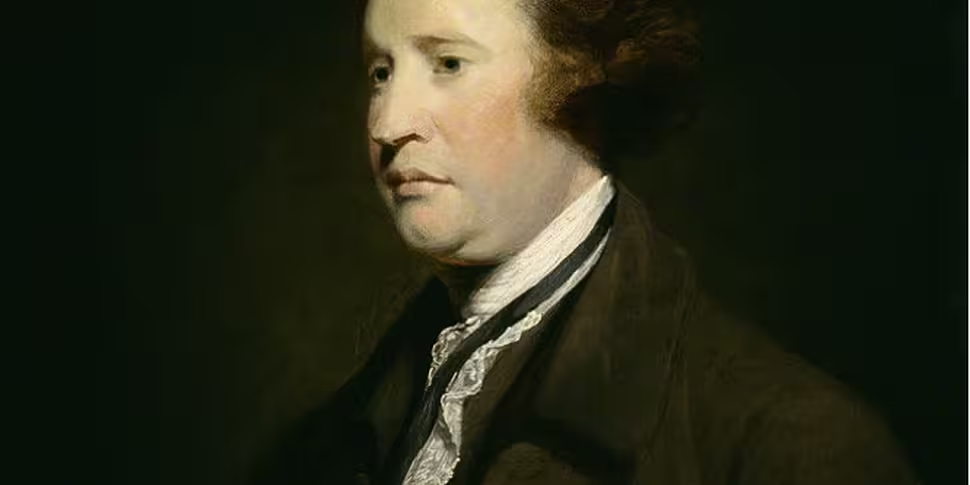In 1730 one of history’s greatest thinkers was born in Dublin. Born to a Catholic mother and Protestant father, Edmund Burke enjoyed the privileges of his father’s religion while witnessing the restrictions heaped on those of his mother’s faith. This background helped to build Burke’s political philosophy, which would go on to become one of the most influential in history.
The schism brought on by Reformation shattered Europe. For more than a hundred years violence swept across the Continent and British Isles as Catholics and Protestants fought bitter wars and rebellions. Though peace did finally reign it was one filled with animosity and repression.
In the 16th and 17th centuries a series of laws were introduced in Britain and Ireland to ensure that those who owed allegiance to the Pope could never hold power. These penal laws were a focal point of Irish politics until their eventual repeal in 1829.
Burke was born into a world still dominated by these sectarian divides. While he enjoyed all of the fruits of the Protestant Ascendancy, Burke saw his mother and sister suffer the restrictions imposed because of their Catholic faith. Trinity College was an exclusively Protestant establishment when Burke joined in 1744, as was the position of MP when he was elected in 1765.
As a member of the Whig Party, and thanks to his family background, Burke became a firm advocate for Catholic Emancipation. A liberal by nature he also sought to limit the power of the monarchy, promote free trade, and supported the American revolutionaries’ cause. These beliefs only went so far though and Burke’s devotion to liberalism came under strain with the onset of the French Revolution.
Wary of unrestricted democracy Burke believed that without the checks of a ruling class a nation would be at the mercy of the passions of the common people. These could easily be manipulated and fomented by demagogues and carried the inherent danger of a Tyranny of the majority.
When revolution broke out in France, Burke looked on with fear at its radicalism. Here was a force that had no care for tradition, religion, property, or the laws that had been established across generations. Not all of his fellow Whigs shared Burke’s view and the French Revolution caused a split between the so-called ‘Old’ and ‘New’ Whigs.
On the side of the ‘New’ were figures who praised the ideals of democracy and republicanism and argued that governments should be shaped and chosen by the people. Burke riled against these arguments, claiming that English liberty and freedoms were inherited and secured by law and that revolution undermined these values. Most famously expressed in Burke’s Reflections on the Revolution in France, these ideas are regarded by many as the foundation of modern British conservatism.
Over the following years Burke watched as the French Revolution devolved into ever increasing violence and gave way to the Great Terror. In 1794 he resigned his seat in Parliament. Three years later, with his native Ireland poised for its own rebellion, Edmund Burke passed away.
Join Trinity College’s Dr Patrick Geoghegan as he leads a panel discussion on the life and legacy of Edmund Burke. Should he be remembered as the father of conservatism or a great liberal thinker?









